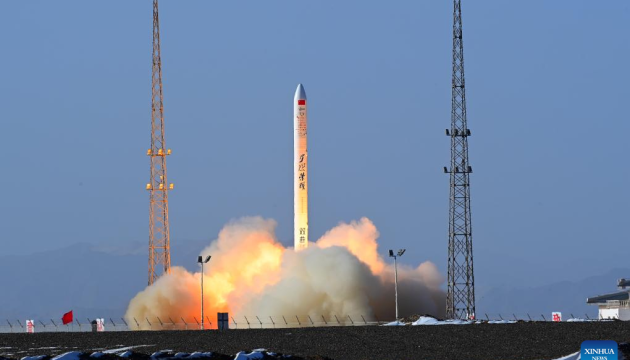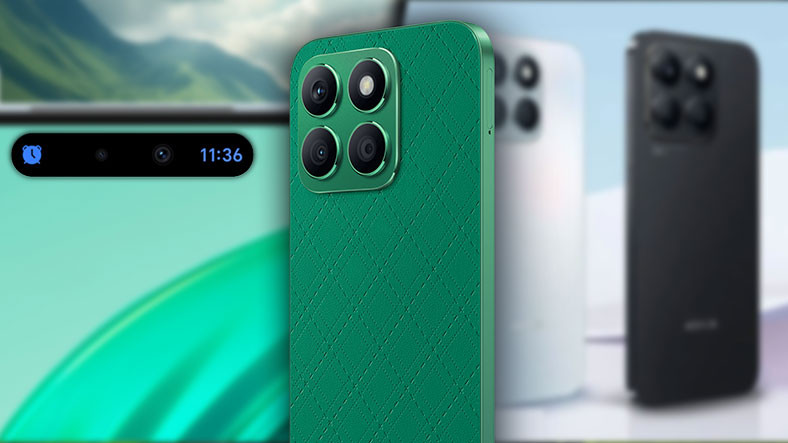Private Chinese company i-Space on Sunday successfully launched its own commercial launch vehicle, Hyperbola-1 (Hyperbola-1 or SQX-1), which placed a prototype of its future B300 reusable cargo ship into Earth orbit.
This was reported by Xinhua, according to Ukrinform’s report.
The rocket carrying the spacecraft named Di’er-1 was launched from the Jiuquan Cosmodrome in the Gobi Desert in northwestern China at 15:00 local time (09:00 Kiev time).
It was reported that Di’er-1 successfully entered orbit at an altitude of 500 km.
The main purpose of the launch is to test the operation of the systems of the future B300 reusable ship, capable of carrying up to 300 kg of cargo, and to verify its technical parameters established by the Chinese development company AZSpace.
The device is also equipped with a payload for photographing the Earth and conducting experiments in the field of natural sciences.
Hyperbola-1 is a small four-stage launch vehicle with four solid-state engines supported by a liquid guidance control engine. The rocket is relatively cheap to manufacture and is designed to launch payloads into space.
It has a diameter of 1.4 m, a total length of 24 m, a mass of approximately 42 tons and is capable of launching more than 300 kilograms of payload into Earth orbit at an altitude of 500 kilometers.
Hyperbola-1’s successful first flight took place in July 2019, but its next three flights failed due to technical malfunctions.
This mission was the sixth flight of the SQX-1 commercial launch vehicle.
In addition to i-Space, China has two other private companies developing their own rockets for orbital missions.
According to Ukrinform, the New Shepard launch vehicle of the Blue Origin company, founded by billionaire Jeff Bezos, will try to make its first flight with cargo in the last 15 months on December 18.
Photo: “Xinhua”













